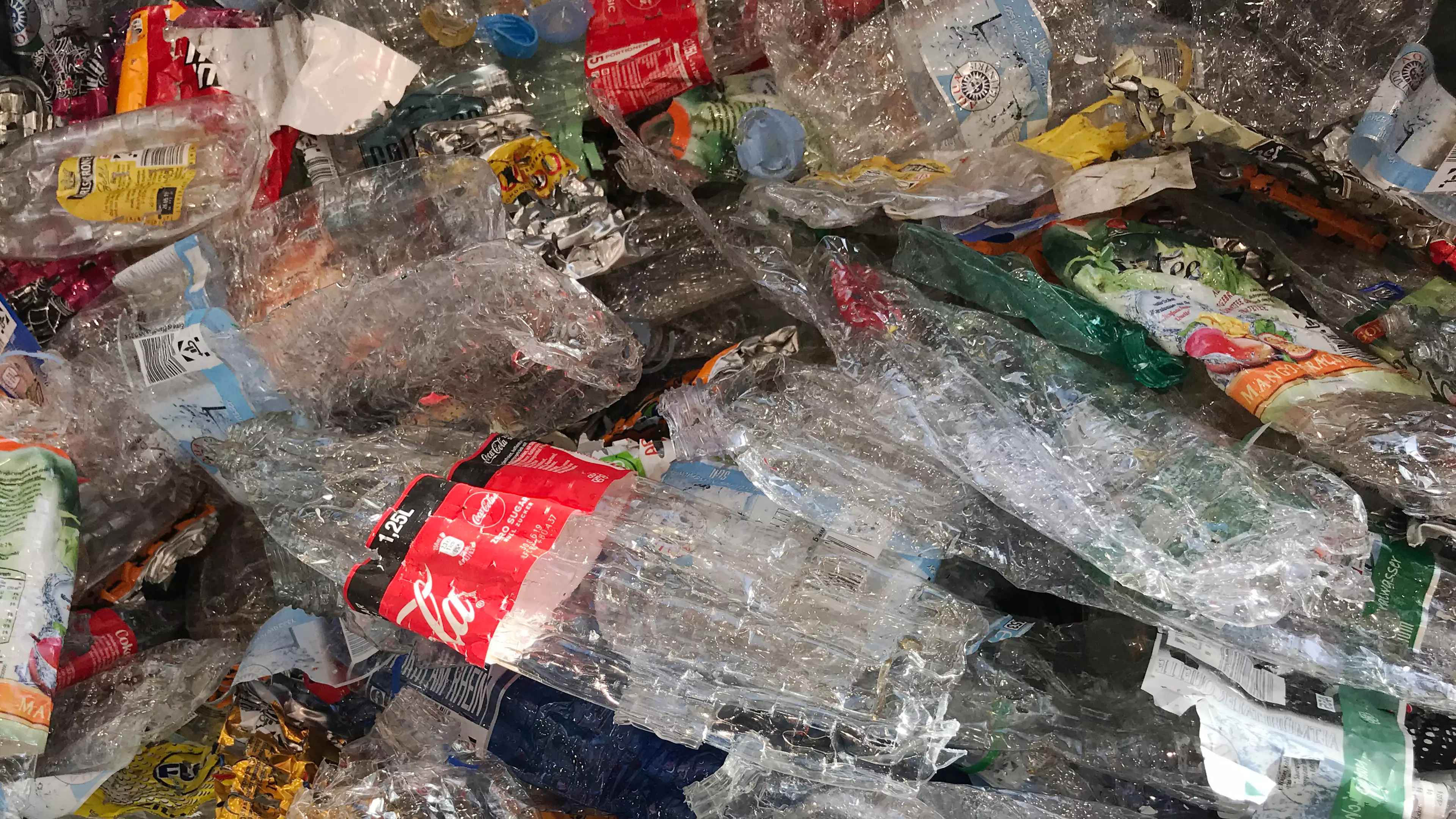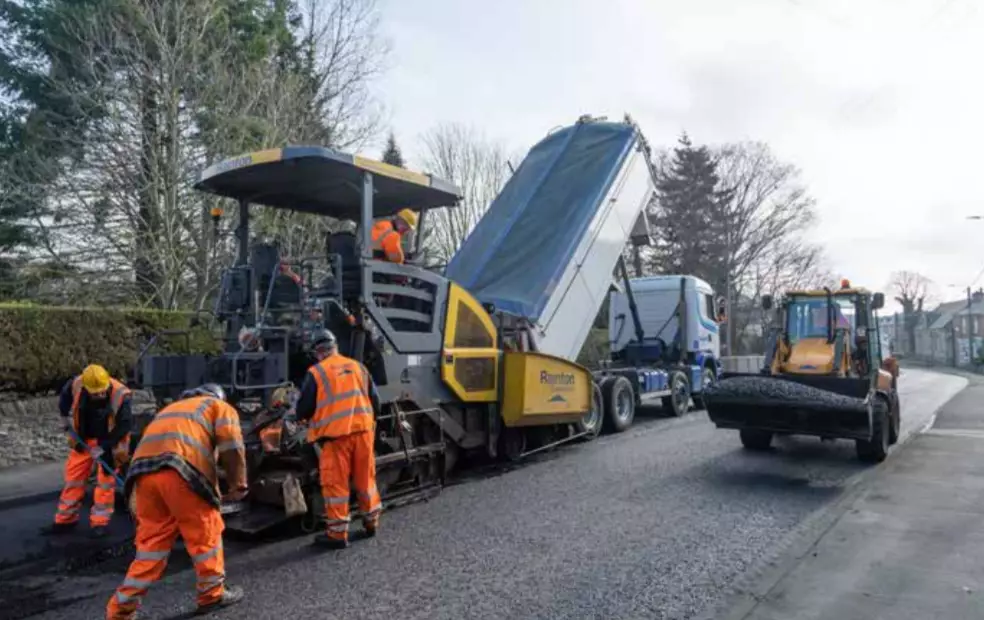
A Scottish company thinks it might have the answer to the single use plastic problem. They have turned 20 tonnes of recycled plastic into tiny pellets and laid them as the surface of a road - that's the equivalent of 6,000 plastic bottles.
The Linkwood Steadings housing development in Elgin, Scotland, is one of the first places to use the roads. Thanks to how flexible the plastic it is, the developers have said that it's actually more durable the traditional tarmac roads.

The company behind the invention, MacRebur, have said that the plastic would otherwise have one to landfill or incineration.
Advert
On their website, the company reveals how they came up with the idea.
It reads: "Our CEO Toby McCartney was was working in Southern India with a charity helping people who work on landfill sites to gather potentially reusable items and sell them.
"He noticed that some of the waste plastics retrieved by the pickers was put into potholes and set alight until it melted to form a makeshift plastic pothole filler. It sparked an idea to use waste plastic in roads here."
The way that they make the pellets is just as interesting.
Advert
The website says: "We take plastic waste collected from commercial and household use - the split is about 60 per cent commercial and 40 per cent household.
"We can use most types of plastic but it must be classed as waste - we don't use recycled or new plastic.
"We then use a granulator to turn this into small pieces of no more than 5mm. Next, the plastic granules are mixed with our activator - it's this that makes the plastic bind properly into our roads.

"Our activator is patented and what's in it is a secret! This blend of plastic granules and the activator - let's call it the MacRebur mix - then goes to an asphalt producer.
Advert
"We make sure that all the plastic we use melts at a temperature lower than this - around 120°C - so it homogenises properly without creating microplastics. It's for this reason that we can't use all plastic waste but we can use most things, including black plastic which is difficult recycle."
So there we have it - this could be the future of how we re-use plastic to avoid it going into water supplies and eventually the sea.
Featured Image Credit: PATopics: uk news